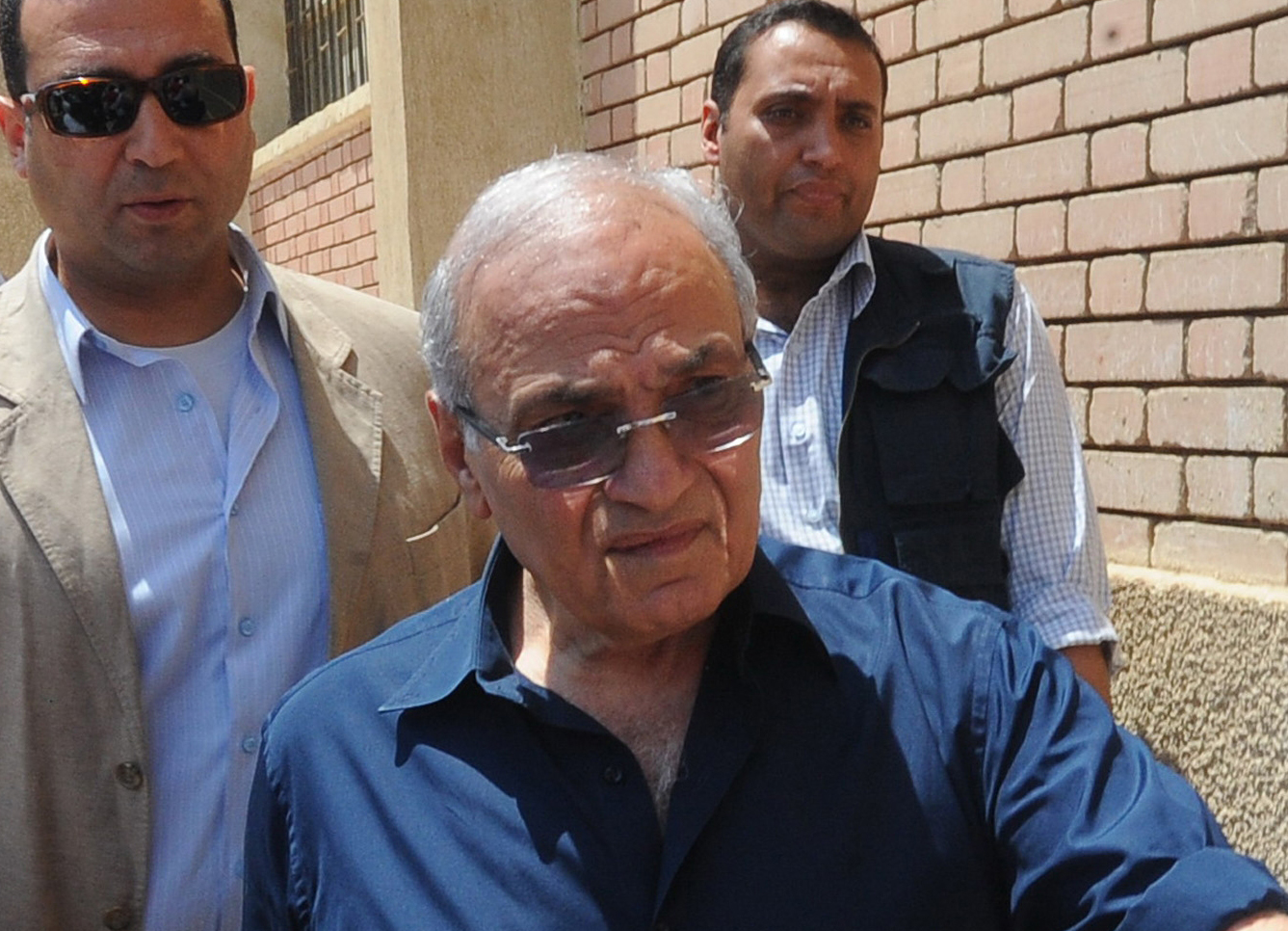The Cairo International Children’s Film Festival celebrated its 20th anniversary this spring, with over 359 films from 52 countries. The fest took a new step this year by choosing four Sudanese girls from a refugee education center to participate in the special children jury.
In the streets of Cairo, these four girls – Bibiana Raphael, Nyabuay, Ayen and Omneya Hassan – have constantly been subjected to racial discrimination, even from other children.
Every day, the girls have endured endless humiliation, assailed with spiteful slurs such as “slave and “chocolata in their neighborhood of Bab El-Louq. As jury members, they were not only treated as equals, but also as exotic foreigners.
“People wanted to know our names, said Bibiana. “They didn’t know we could speak Arabic, and they were really surprised to find out we could. I think they liked that we spoke their language and that it was our language, too. It helped them remember that we were once one country.
Girls their own age eagerly introduced themselves, and asked to be photographed together. A young girl who wanted to meet Omneya was too shy to approach her and sent her mother to make the introductions. “We like it here, said Ayen. “Inside the Opera square, it’s like a different Cairo. Nobody calls us bad names. They want to be our friends.
This year, the children’s jury included members from 27 countries such as America, Sweden, Jordan, Greece, China, India and Sudan.
The Sudanese delegation met children from India, China, Sweden and Jordan, among other countries. “I like the way the Chinese people look, Nyabuoy innocently remarked. “I think they’re pretty.
“Egypt and Sudan were once one country and we still have a strong relationship, Sohier Abdel Kader, vice president of the fest, told Daily News Egypt. “We have hosted Sudanese nationals while their country was at war, and it is important to help children who have suffered in Darfur and South Sudan.
“Children are the future of the world, and as the world gets smaller, we must realize that it doesn’t matter if they are Sudanese or Egyptians. They are all our children and we must work together to help them, if we want to make the world a better place.
The number of Sudanese refugees living in Egypt varies greatly, estimated at between 30,000 to 1 million. An exact number is impossible to calculate. Refugees come to Egypt on a three-week tourist visa then apply for asylum at the United Nations High Commissioner for Refugees (UNHCR). Ever since the peace treaty ending the civil war was signed in 2005, Sudanese nationals receive yellow cards, indicating temporary status, rather than the coveted blue card which grants more benefits and full asylum rights.
When a case is denied, the refugee’s file is closed and residence in Egypt is no longer legal. But many continue to stay. This, and a high birth rate, suggests that the population is higher than the registered figures.
The four Sudanese jury members, all 12 years of age, are students in one of Cairo’s Refugee Education Centers. They were chosen by their principal based on their fluency in English, high academic performance, and good behavior. All child jurors on the festival are required to have good spoken English in order to discuss the films they watch, all subtitled in English.
The four girls were the only African children on the jury. “We want people from all countries to join the festival, said Abdel Kader. “Only by working together and accepting one another can we join together in doing the work that is necessary make this world a stronger, better place.
